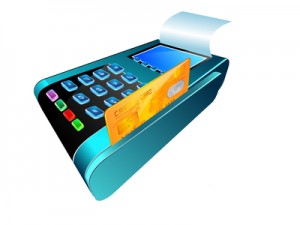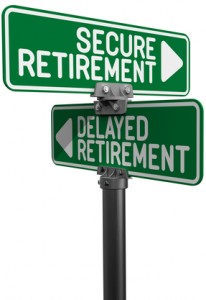 From Daily Finance comes this useful (and timely, given the season) article on the times when debit cards should be avoided in favour of credit cards.
From Daily Finance comes this useful (and timely, given the season) article on the times when debit cards should be avoided in favour of credit cards.
I have to admit that over the years, I have personally favoured cash or debit cards, on the theory that you can’t get in too much trouble spending money you’ve at least already earned. To me, overspending to rack up “Points” for even more consumption is just not worth it, especially if it also means ever having to pay the dreaded double-digit interest rates that accompany most every credit card these days.
Reluctantly, however, I’ve come round to the view that with proper discipline, credit cards can provide convenience, a paper trail and most important, more security than debit cards in several situations. And yes, while I’m not driven by it, there may also be the convenience of “points” on purchases, points the writer says can amount to 2 to 6%.
The key, as it always is with credit cards, is to make sure you never get caught paying those exorbitant rates of interest. I’ve never quite understood how it is we’ve been in an era of almost-zero interest rates the last five years when you’re lending out money (via bonds or GICs) but when you’re a debtor suddenly the rate is close to 20%. Am I the only one who thinks there’s a major disconnect here? Better to be on the receiving end of that deal rather than the dishing it out deal: I wish I’d bought Visa or Mastercard stock a few years ago.
Using credit cards as if they were debit cards
The valuable point made by the writer — Jeffrey Weber — is that he finally “learned how to use my credit card like a debit card.” By paying off the full balance each month, never spending more than he can afford and “eliminating interest from the equation,” he is able to avoid using debit cards at all while enjoying the few advantages that go with prudent use of credit cards.
Personally, I do one of two things now, both of which are variants of Weber’s approach. Earlier this week, with Christmas presents for others high on the agenda, I loaded up my MasterCard with several transactions. I also did the same with my business Visa card for some needed equipment. In both cases, when I returned from the shopping spree, I signed on to my home computer and immediately used my online banking to pay off the newly incurred debts instantly. Yes, I realize I could have delayed a few weeks to benefit from the free “float” but I don’t wish to tempt the fates. If you’re going to use a credit card like a debit card, in my mind that means moving the funds out of your bank account the moment (or at least by end of day) you’re incurred the purchases. Besides, who wants to have a fabulous holiday season only to have it all ruined by humungous bills to be paid by the middle of January. That’s TFSA season after all!
The second variant is more foolproof and will even let you take advantage of that float I’m missing out with the “ad hoc” method. Just ask your friendly local financial institution to automatically move funds from your bank account to pay off any outstanding balances before any interest charges come due.
The 5 places you never should use debit cards
Weber’s article lists five specific situations where someone still juggling both credit cards and debit cards should use only credit cards. I’ve just listed the headings: go to the original link for his rationale on each point:
1.) Online purchases.
2.) Gas.
3.) Hotels.
4.) Large purchases.
5.) Dubious places.







